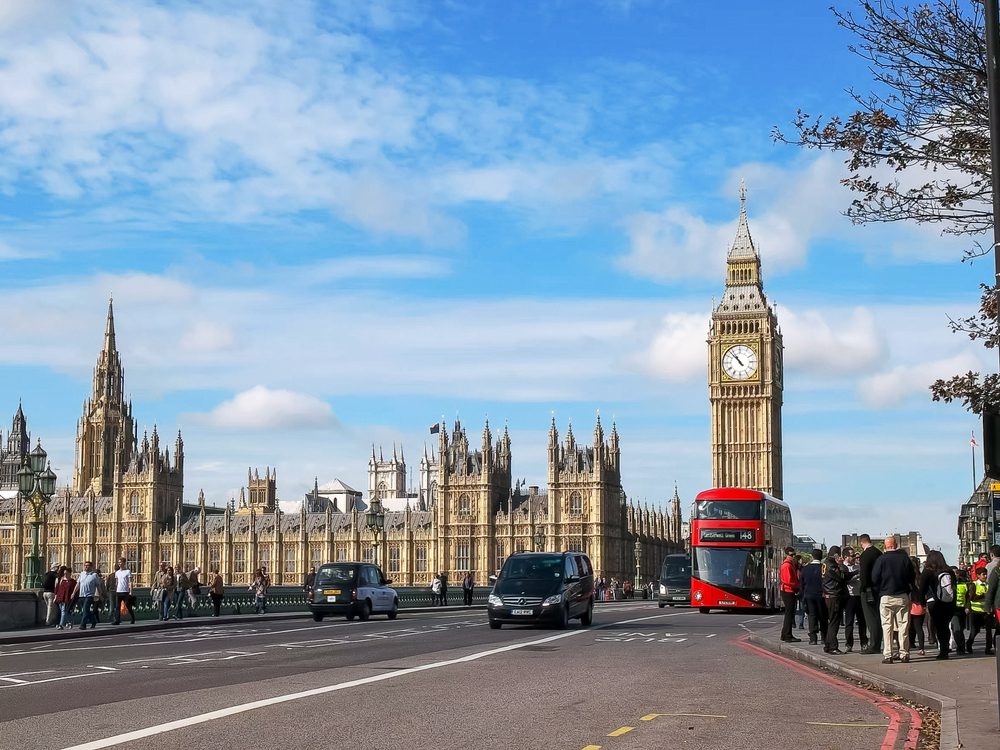
Tom Hayes, the pioneering figure in the global financial industry who became the first trader to be imprisoned for interest rate rigging, has lost his appeal against his conviction. The decision, announced on Wednesday, adds another chapter to the protracted legal saga surrounding the manipulation of the London interbank offered rate (Libor).
Hayes, formerly a prominent trader at both Citigroup and UBS, was found guilty in 2015 of conspiring to defraud by manipulating Libor, a crucial benchmark rate used in pricing trillions of financial products worldwide. The conviction marked a watershed moment in financial regulation and enforcement efforts.
According to reports from Reuters, prosecutors argued that Hayes and fellow traders engaged in unlawful activities by factoring in their or their employers’ commercial interests when submitting rates for Libor. The court’s ruling affirms the seriousness of such misconduct in jeopardizing trust and integrity in financial markets.
Initially sentenced to 14 years in prison, Hayes saw his term reduced to 11 years on appeal, eventually being released in 2021 after serving half of his sentence. Throughout the legal proceedings, Hayes has consistently maintained that the rates he requested for Libor fell within an acceptable range, and that his actions were commonplace at the time and tacitly endorsed by superiors.
The appeal hearing also involved Carlo Palombo, a former Barclays trader convicted in 2019 for manipulating the euro equivalent of Libor, known as Euribor. Their cases were referred to the Court of Appeal in London following a pivotal ruling in a U.S. court in 2022. In that decision, convictions against two former Deutsche Bank traders for Libor rigging were overturned, as it was determined that there was no explicit prohibition on banks considering their trading positions when submitting Libor rates.
Despite this precedent, the Court of Appeal’s decision to uphold Hayes’ conviction underscores the complexities and nuances of financial regulation and legal interpretation. While the legal battles continue, the case has already left an indelible mark on the financial industry, prompting heightened scrutiny and regulatory reforms aimed at safeguarding the integrity of benchmark rates like Libor.
Hayes has indicated that he intends to challenge the decision further at the UK’s Supreme Court, ensuring that the debate surrounding his conviction and the broader issue of rate rigging will persist, shaping the landscape of financial regulation for years to come.
Source: Reuters
Featured News
Big Tech Braces for Potential Changes Under a Second Trump Presidency
Nov 6, 2024 by
CPI
Trump’s Potential Shift in US Antitrust Policy Raises Questions for Big Tech and Mergers
Nov 6, 2024 by
CPI
EU Set to Fine Apple in First Major Enforcement of Digital Markets Act
Nov 5, 2024 by
CPI
Six Indicted in Federal Bid-Rigging Schemes Involving Government IT Contracts
Nov 5, 2024 by
CPI
Ireland Secures First €3 Billion Apple Tax Payment, Boosting Exchequer Funds
Nov 5, 2024 by
CPI
Antitrust Mix by CPI
Antitrust Chronicle® – Remedies Revisited
Oct 30, 2024 by
CPI
Fixing the Fix: Updating Policy on Merger Remedies
Oct 30, 2024 by
CPI
Methodology Matters: The 2017 FTC Remedies Study
Oct 30, 2024 by
CPI
U.S. v. AT&T: Five Lessons for Vertical Merger Enforcement
Oct 30, 2024 by
CPI
The Search for Antitrust Remedies in Tech Leads Beyond Antitrust
Oct 30, 2024 by
CPI